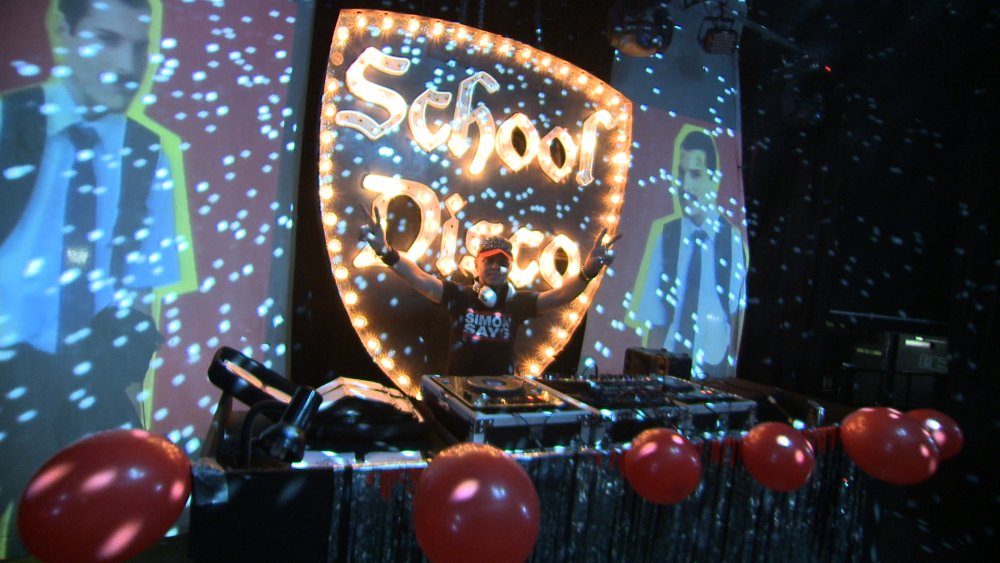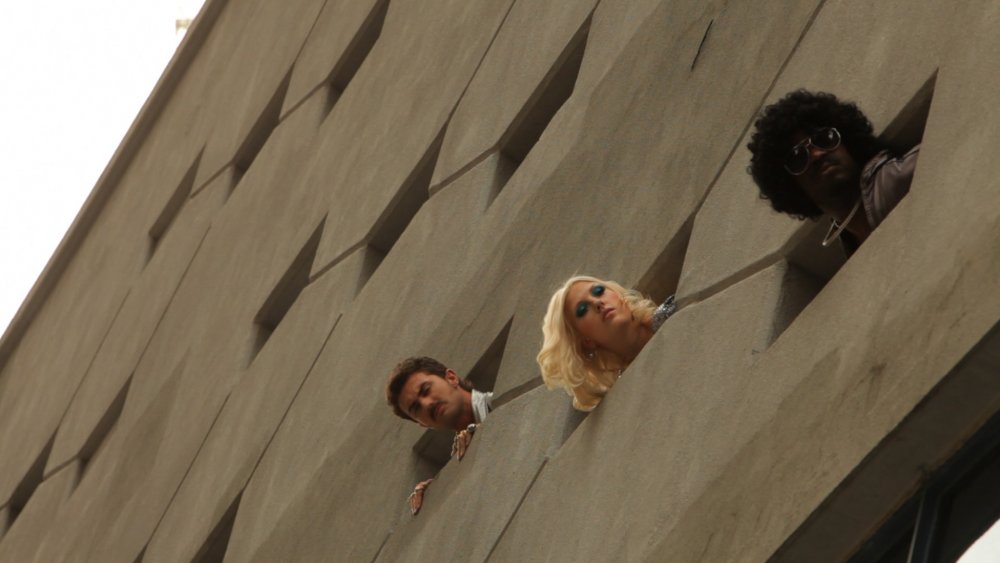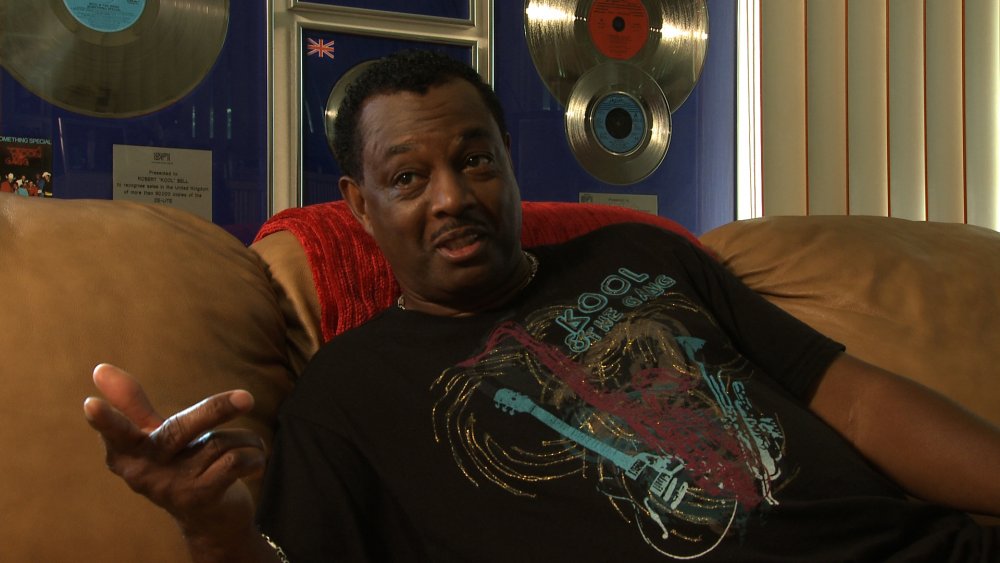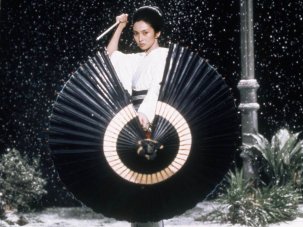
The Secret of Disco Revolution (2011)
Was disco music really a force for social change? Is Chic’s ‘Good Times’ a protest song to rival the best of Dylan’s? Were the first disco dancers middle-class revellers holding illicit parties in occupied France? Toronto-based documentary filmmaker Jamie Kastner’s latest film takes a playful look at recent revisionist theories about the disco era. Here he explains why, although The Secret Disco Revolution offers all the strut, dazzle and great music of this colourful period, it’s quietly a film about the ways history is written.
What’s The Secret Disco Revolution all about?
The Secret Disco Revolution is a comic, ironic investigation into some new revisionist histories that are saying that the disco era is greatly misunderstood, that it wasn’t just a time of debauchery and excess and vanity and drugs but a misunderstood time of protest and liberation. I play these new academic theories against interviews with as many of the disco greats that I could get my hands on: Gloria Gaynor, Village People, Kool and the Gang etc.
There was a goldmine of footage and music. It’s an offbeat documentary hybrid because there are fictional elements in there too, to have a bit of fun and comment on the theories and on events. It still sets out to be the definitive film of that era.
What are the theories?
There are two main academic voices in the film, both of whom have come out with books in recent years reevaluating the era. One of them is a feminist academic from the University of Southern California called Alice Echols, who uses phrases like “Disco and gay liberation worked hand-in-hand like a psychic intifada against the rules of gay life before disco.” So that gives you an idea of where she’s coming from.
Then the guy who had the first revisionist history was called Peter Shapiro, who wrote Turn the Beat Around. One of his theories is that disco can in fact trace its roots back to Nazi-occupied France, where there were a group of middle-class kids known as ‘The Swing Kids’ who would gather illicitly and dance to forbidden jazz records – forbidden by the Nazis because they were made by black people and produced on labels largely owned by Jews. There was this model of people dancing in a room to recorded music as opposed to live music, which had previously been the way that people had gone dancing. So part of his theory is that disco is rooted in the Swing Kids.
I think this is a fun film. It’s full of interesting people, it’s full of hilarious kitsch footage, it’s full of classic music. So if I haven’t made a fun film, I’ve clearly failed.
But on top of that, I see it quietly as a film about the way history gets written. I was very young during the disco era and I remember dancing for the babysitter in my underpants to the Saturday Night Fever (1977) soundtrack, so I consider that a quiet involvement. I assumed disco was all the flakey things we all supposed it to be, so when I first heard these new theories I laughed. I thought it was just funny, [the idea of] disco revolution.

The Secret of Disco Revolution (2011)
Eventually I gained a grudging respect for certain aspects [of these theories]. Obviously if I thought it was complete bullshit, I wouldn’t have considered making a feature film about it. But I am intrigued by the way these histories gets written.
Thirty years after the fact, people take one bit of a theory from here, another bit of a theory from there, you slap it together and you’ve got an angle on events and you’re calling it history. Disco is a fun way to look at that process, because it’s recent enough that many of the original players are still around to talk to and compare and contrast these theories with their own experiences.
At the same time, you can have fun doing it. It’s disco after all, it’s not genocide. Although now we know it’s rooted in the Nazis, maybe it’s less fun than I thought!
Surely at the same time that there were these illicit parties in France, there were other examples of people dancing to recorded music in freer parts of the world?
That’s a good question. In addition to that, as against many of these theories of liberation for disco, while you can interpret these dancing parties for middle-class people as protest, there was also resistance movements that were protesting using more traditional forms of opposition to oppression, by organising armies and liberating people and so on.
By the same token, as counter-arguments to some of my academics’ theories, which I try to place in context in this film, to say disco – even in the 1970s – was a liberator of gays, blacks and women… Well, perhaps, it’s a theory worth engaging with, but at the same time, you have to consider that there was something called the Civil Rights Movement which had been going on for 20 years prior to that, there were the Stonewall riots (which didn’t have a particular soundtrack) five to ten years earlier, and you know the Suffragettes go way back.
So whether disco truly was a force for liberation, or perhaps in some cases the after-party is something else worth considering. As with any narrative you exclude the facts that don’t serve your argument.

The Secret Disco Revolution (2012)
Are Chic in the film?
Chic are in there, but I couldn’t get an interview with Nile Rodgers as he’s quite sick. He’s just come out with a memoir which goes into some depth about his illness. So that was unfortunate. He’s in there, there’s footage, and he’s discussed. I think he’s certainly one of the genius producer/writers of the era, but also a little known fact is that he used to be a member of the Black Panther Party prior to that.
Alice Echols and I think in the past he’s made the case that ‘Le Freak’ was actually a protest song. When you really try and challenge these theories, you ask yourself, “Where is it in the music?” [The story goes that] Chic were denied access to a party – Grace Jones’s party at Studio 54 – and so they wrote ‘Le Freak’. They went home and they just started jamming after they were turned away. They had produced Grace Jones’s album, yet they were still turned away.
He also sees ‘Good Times’ as a very ironic song about economic depression. “Good Times / These are the good times / Leave your cares behind”. And he feels misunderstood that this was never recognised. He’s quoted as saying that if Bob Dylan had ever come out with ‘Good Times’, everybody would’ve said “Oh wow, listen to this great new protest song.” So I regret not having been able to talk to him.




